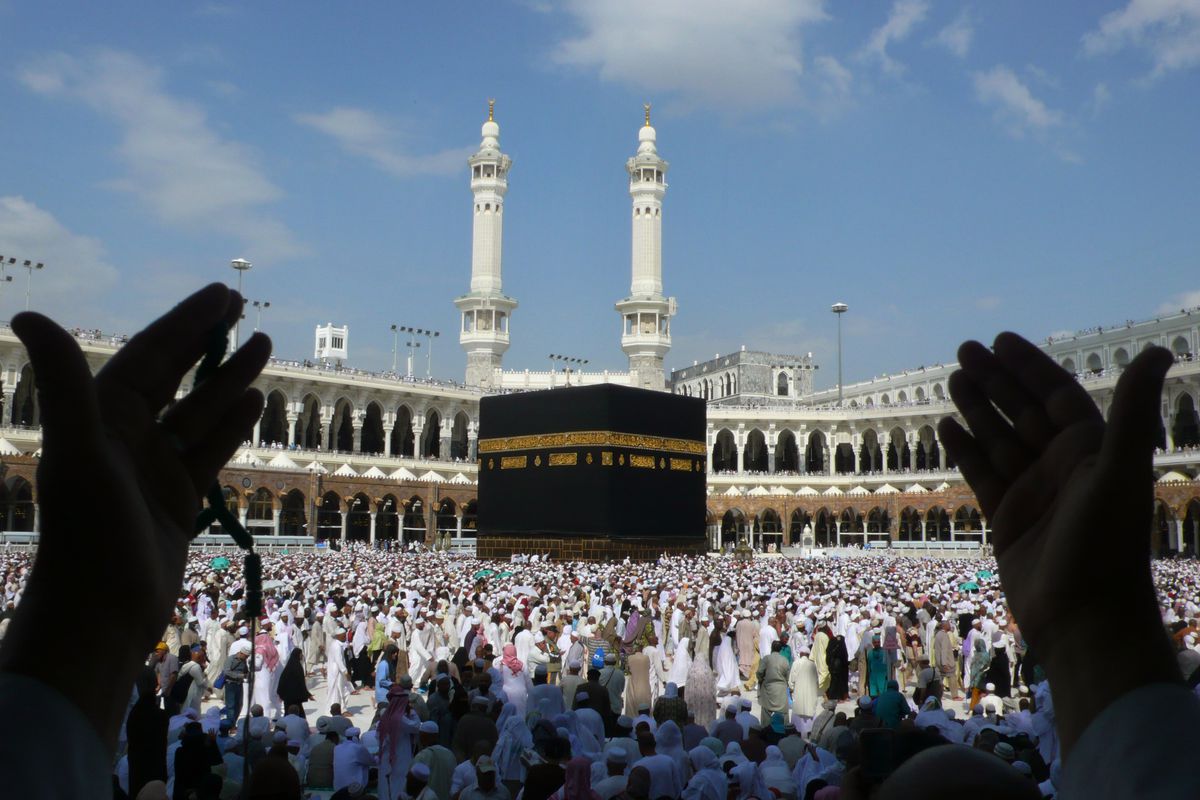By DADA AYOKHAI
Muslim devotees offer prayers to start the Eid-al-Fitr festival marking the end of the Islamic holy fasting month of Ramadan during a three-day ceasefire agreed by the warring Taliban and Afghan forces, at the Abdul Rahman Mosque in Kabul on May 13, 2021. (Photo by WAKIL KOHSAR / AFP)
Ramadan 2023 has begun and it dates from Wednesday, March 22, 2023 although to on Friday, April 21, 2023. It is an exceptionally holy and spiritual time for Muslims because they are expected to fast, pray, read the Quran and engage in charity, generosity and acts of kindness.
Asides from fasting, one must also abstain from immoral thoughts and behavior as well.
While all Muslims are expected to fast during the month of Ramadan, there are some exceptions to this rule. The exemptions include;
1. Children who are not of adolescent age
According to the World Health Organization (WHO), Adolescence is the phase of life between childhood and adulthood, from ages 10 to 19. Any child below age 10 is exempted from Ramadan fasting.
2. Pregnant or breastfeeding women
The Islamic Law exempts expectant women and women who are breastfeeding from fasting. Doctors also strongly advise against fasting for these women as well.
While some pregnant and breastfeeding women still decide to fast, it’s important for them to seek advice from medical personnel around them. and take precautions to keep themselves and their babies healthy.
They should stay hydrated, eat healthy and balanced meals, and refrain from excessive physical activities.
3. People with diabetes
Individuals with Type 1 diabetes are advised to not fast during Ramadan, and if they do decide to fast, they are to be closely monitored by their doctor.
Doctors should check their blood sugar daily to ensure their safety because low blood sugar may occur during long hours of not eating.
4. Women on their period
Women experiencing menstruation are exempted from fasting during Ramadan. The Quran has verses giving leave to women experiencing their menses from Ramadan fasting and prayer. They can continue fasting once their period completely ends.
It’s important to eat well and stay hydrated while menstruating because blood loss during your period could cause low iron levels and fatigue.
5. The Elderly
Elderly people could find fasting very arduous and while old age is not a disease, it could cause fragility and weakness.
It is believed that people in their old age don’t necessarily have to fast, especially not at the cost of their health. The elderly could fast as long as it doesn’t pose a threat to their health and overall well-being.
Guardian newspaper
